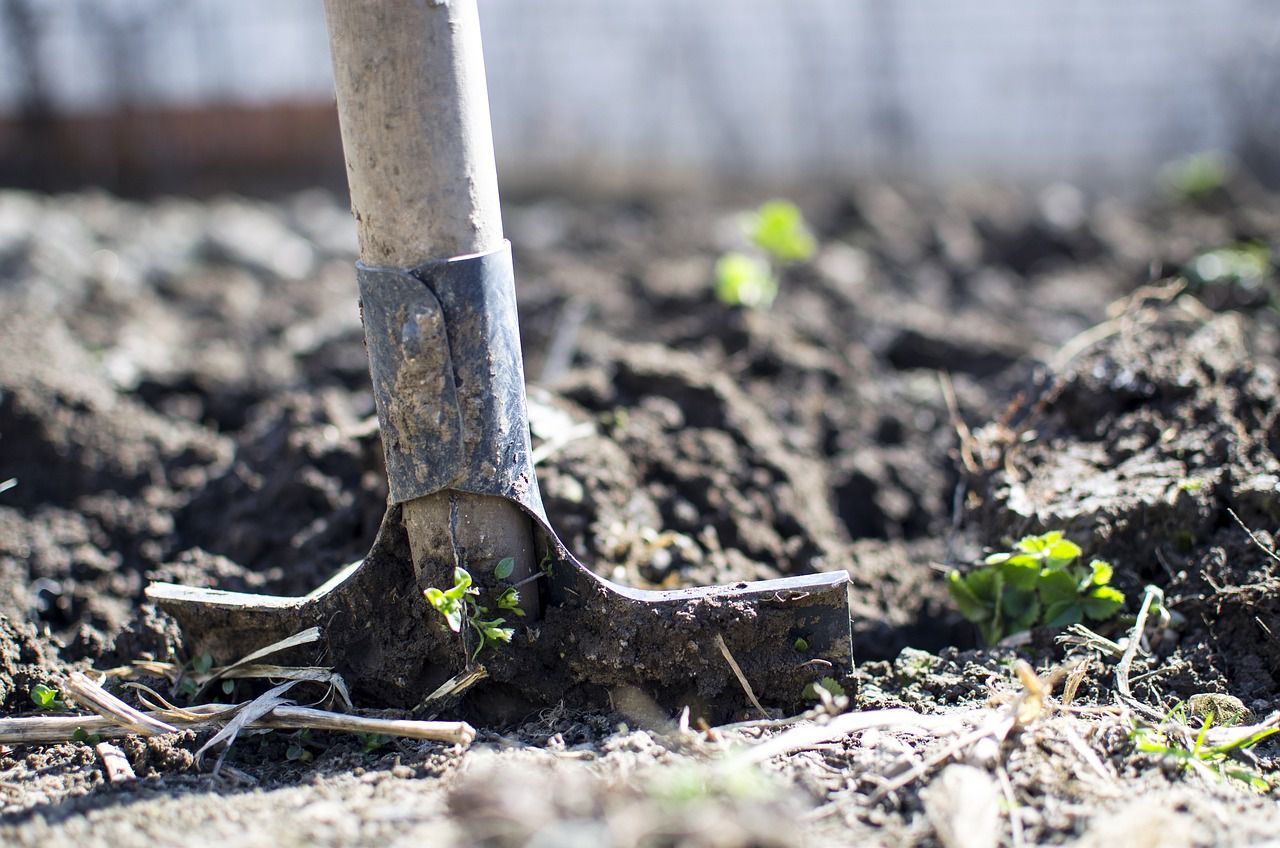Why you should make compost for your garden: It's cheap and useful
Compost is one of the healthiest and cheapest things you can use to benefit your garden.
It can make your plants healthier, and it can also help you control water and erosion.
Here are the best qualities of compost that a gardener should know about.
Nutrient-Rich Soil Amendment
Compost provides a slow-release supply of essential nutrients like nitrogen, phosphorus, and potassium, along with a range of micronutrients.
Soil Conditioning
Compost increases the soil's ability to hold moisture, retain nutrients, and allow for proper drainage.

The organic matter in compost helps create a crumbly texture, improving aeration and root penetration, which benefits plant growth.
Enriches Microbial Life
Compost is teeming with beneficial microorganisms such as bacteria, fungi, and earthworms.
These organisms break down organic matter further, releasing nutrients in a form that plants can readily absorb.
Reduces Waste and Landfill Impact
Instead of sending kitchen scraps, yard trimmings, and other organic materials to be buried and generate methane gas in landfills, you can recycle them into nutrient-rich compost for your garden.
Cost Savings
By recycling organic materials on-site, you can save money and reduce the reliance on store-bought products.
Water Retention and Erosion Control
Compost aids in water retention, reducing water runoff and increasing the moisture-holding capacity of the soil.
